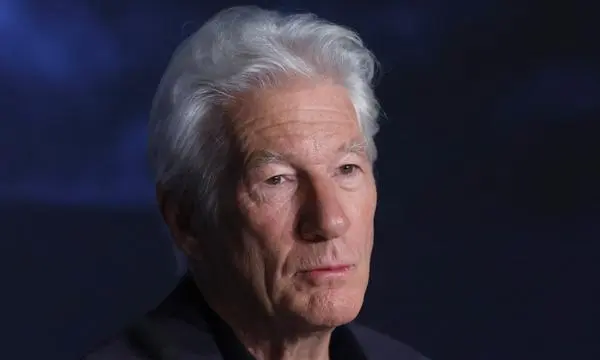
Introduction
Richard Gere, an acclaimed American actor and humanitarian, has made significant contributions to both the film industry and social causes over his decades-long career. Since his breakthrough role in the 1980s, Gere has become a household name, known for his performances in films such as “Pretty Woman” and “Chicago.” His relevance extends beyond the silver screen, as he is also recognized for his dedication to various humanitarian efforts, particularly in advocating for Tibetan rights and healthcare. As the Hollywood landscape continues to evolve, Gere’s legacy remains important in shaping the cultural and social narratives of our times.
Career Highlights
Gere’s acting career took off with notable performances in films like “American Gigolo” (1980) and “An Officer and a Gentleman” (1982), cementing his status as a leading man in Hollywood. However, it was his role as Edward Lewis in “Pretty Woman” (1990) that propelled him into superstardom, earning him a permanent place in pop culture. The film remains one of the highest-grossing romantic comedies of all time, showcasing Gere’s charisma and chemistry with co-star Julia Roberts.
In the 2000s, Gere continued to impress audiences with his work in films such as “Chicago” (2002), which won an Academy Award for Best Picture, and “Arbitrage” (2012), which demonstrated his versatility by delving into the world of finance and moral dilemmas. His commitment to varied roles has kept him relevant in an industry known for its fleeting trends.
Philanthropic Efforts
Beyond his cinematic achievements, Richard Gere has been a prominent advocate for numerous humanitarian causes. He is particularly known for his outspoken support for Tibet, having served as a board member of the International Campaign for Tibet. Gere’s commitment to raising awareness about the human rights abuses faced by the Tibetan people has turned him into a global advocate.
Additionally, Gere has been involved in various health-related charities, focusing on issues like HIV/AIDS awareness and support. His work with organizations such as amfAR (The Foundation for AIDS Research) highlights his dedication to improving healthcare solutions and fighting stigma associated with the disease.
Conclusion
As we look to the future, Richard Gere’s influence on both cinema and social activism remains compelling. His ability to evolve as an actor while remaining committed to meaningful causes is an inspiring blueprint for future generations. Gere’s legacy is a powerful reminder of the impact that artists can have beyond their work on screen, and his story continues to resonate with audiences around the globe. With his impressive body of work and heartfelt philanthropic endeavors, Richard Gere will undoubtedly remain a significant figure in both entertainment and humanitarian efforts.



